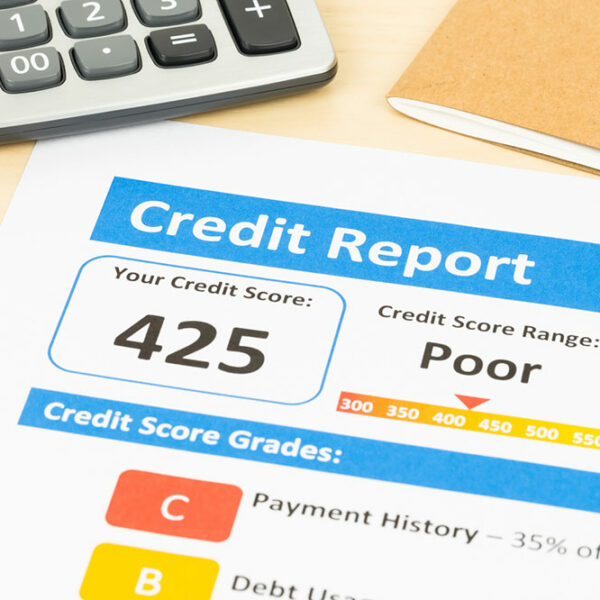
An overview of motor trade insurance
Road risk insurance is also referred to as motor trade insurance. Those having a motor trade or working in the motor trade industry need to protect themselves by getting a proper motor trade insurance which protects not only them but also their vehicles, customers, types of equipment and cash. Motor trade insurance covers every part of the business under one policy. You can work, manage the trade and also get covered for damages, collision, break-ins, and theft, etc. To get the right cover, read the following carefully. Mentioned here are the business types that benefit from motor trade insurance. These include car showrooms, repair centers, valet services, auction houses, breakdown and recovery, MOT centers and stations, mechanics, recovery agents, workshops, coach trimmers, auto electricians, vehicle repair, vehicle air conditioners, delivery agents, vehicle importers, classic car specialists, fitters, tuners, repairers, engineering workshops, scrap and salvage, exhaust, tire and windscreen fitters, fuel converter workshops, and vehicle enhancing workshops. Types of cover The most important part of the trade insurance is to get the right cover. Each policy is tailored according to that business and its requirement. Some common types of cover: Road risks Road risk is a must for a motor trade policy.









